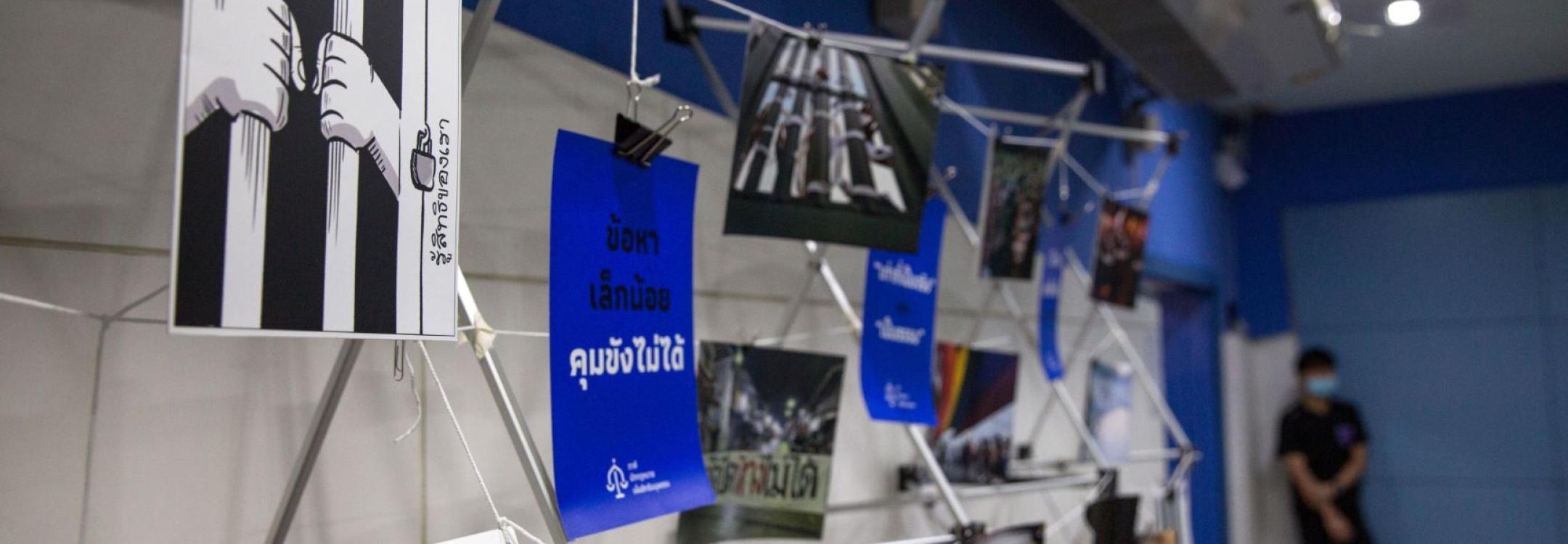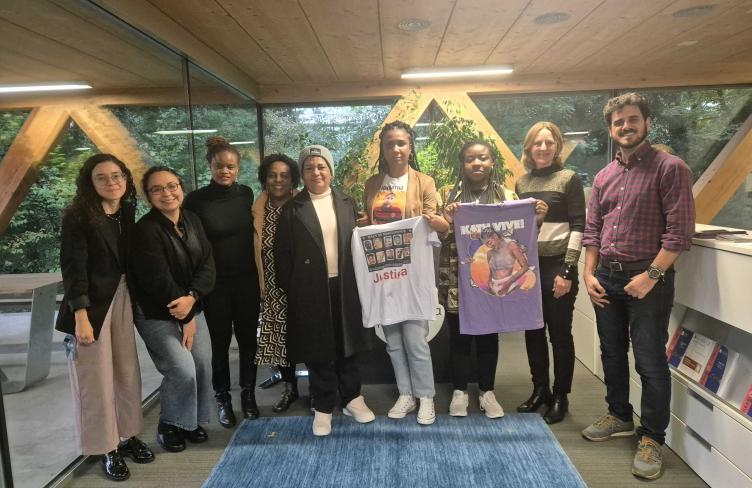
An independent evaluation of the APT’s three-year project to promote implementation of detention safeguards during the first hours of custody in Brazil, Madagascar and Thailand has highlighted four significant achievements.
The project, which ran from January 2018 to February 2021, was found to be very effective, utilising complementary approaches of capacity building, mobilisation and awareness raising to promote sustained change in the three countries.
The evaluation identified four important outcomes to prevent torture and ill-treatment:
- Effective implementation of new institutional practices related to safeguards: In Brazil, custody hearings held within 24 hours of a person’s arrest are now understood and used by judges as torture prevention measures. In Madagascar, two safeguards (maintaining a custody register of detainees and notifying detainees of their rights) have become standard practice in dozens of police stations.
- Increased community awareness of rights on arrest: In Thailand, our online toolkit helped raise awareness about rights on arrest and during police custody with at least 1,900 people.
- Increased awareness of the importance of safeguards among relevant authorities: In Brazil, criminal justice actors are aware of the importance of custody hearings. In Madagascar, police officers now recognise the benefits of safeguards for their work. In Thailand, police were supported to constructively share their concerns and introduced to a new narrative where implementing safeguards also benefits them.
- Stronger relations and understanding among relevant national stakeholders: in Thailand, the APT acted as a bridge between Thai authorities and civil society groups, which were both empowered on torture prevention.
Overall, the evaluation found the project to be relevant, effective, efficient, sustainable and coherent. It also noted that the APT is “seen as extremely helpful by national partners, in particular [its] credibility and inherent expertise on torture prevention and safeguards”. National partners also appreciated the ability of the APT to connect them with international human rights experts.
The evaluation also highlighted three key lessons, endorsing the APT’s strategic approach to promote practical implementation of safeguards during the first hours of police custody:
- The APT’s transparent, non-confrontational approach and commitment to trust-building were key to engaging with authorities and anchoring torture prevention in the national policy agenda, despite difficult political contexts
- The peer-to-peer interaction embedded in the project was a successful and sustainable model to influence partner organisations
- Meaningful progress can be achieved despite a challenging political environment, through dialogue and building trust with key actors.
The evaluation noted that good planning helped build strong relations with national stakeholders, set ambitious objectives and ensure strong ownership and sustainability of results. The APT’s organisational agility also meant it could adapt to changing circumstances, especially during COVID-19.
Recommendations were made to guide future APT projects, including: to strengthen the strategic framework, including the monitoring and evaluation system; to deepen and broaden some components, such as dialogue between national stakeholders and sharing of good practices; and to explore new approaches, such as empowering rights holders and their families.
Promoting implementation of safeguards during the first hours of police custody continues to be a priority for the APT, in Brazil, Madagascar, Thailand and other countries around the globe.
This will be complemented by our work to promote the adoption of the Principles on Effective Interviewing for Investigations and Information Gathering by the United Nations, as well as their implementation by police worldwide.
Read the summary report here.
